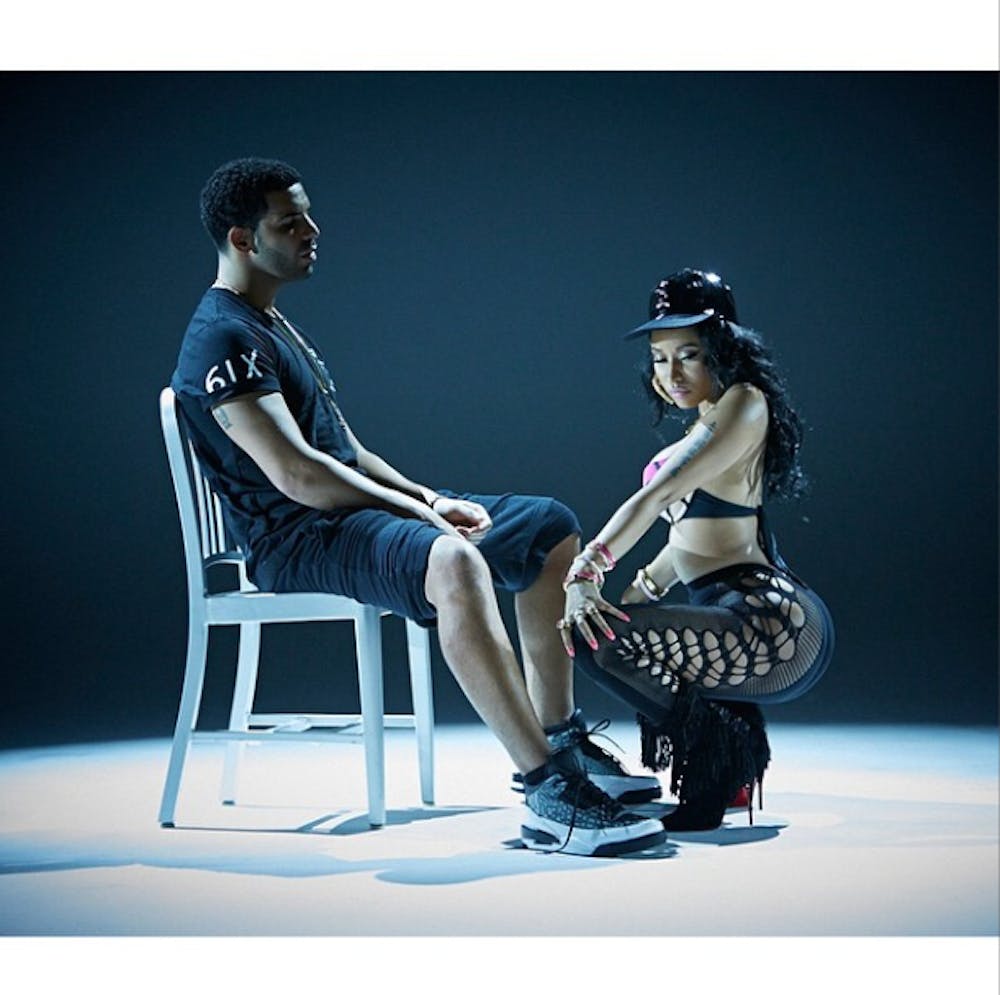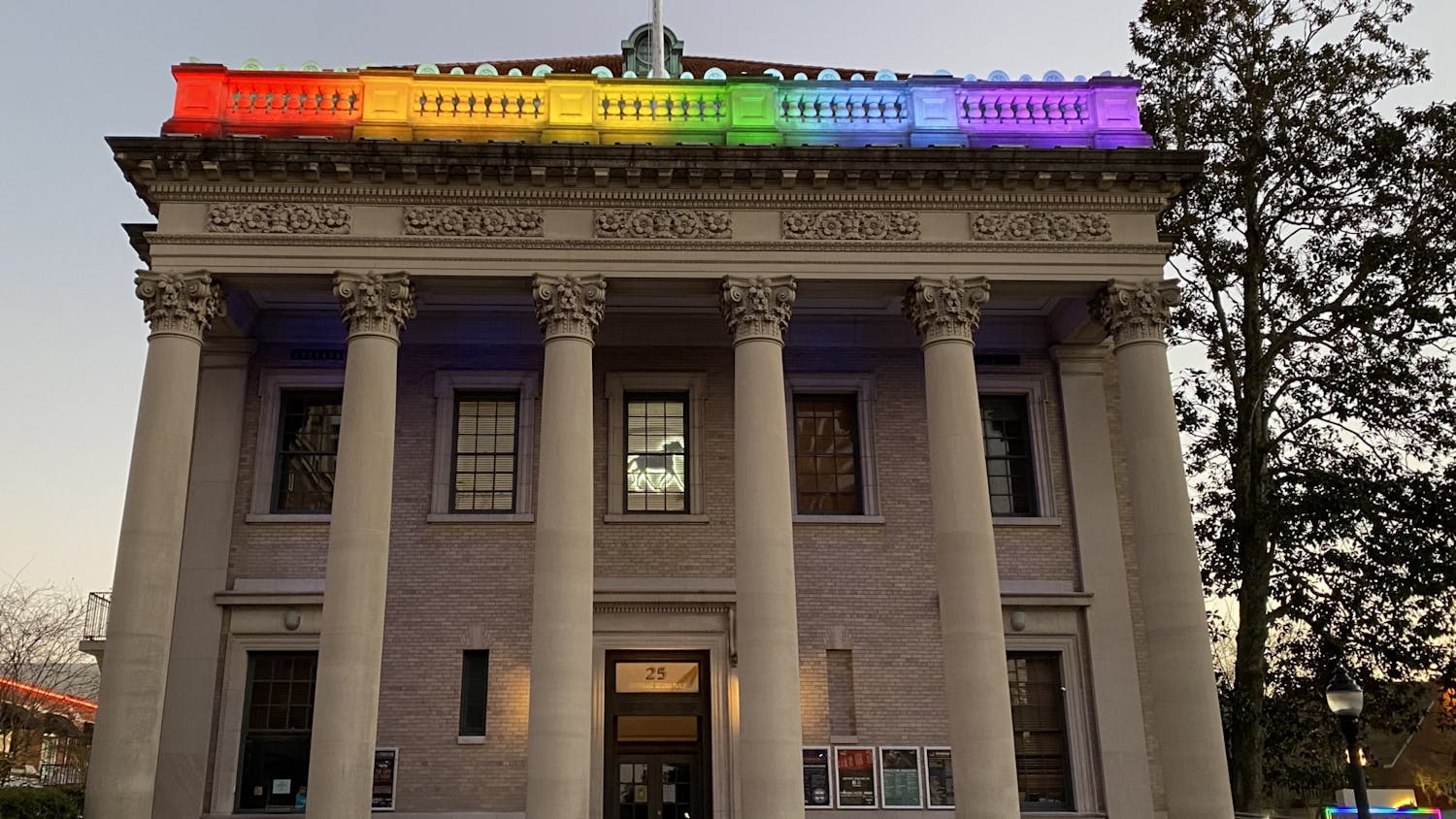This week Nicki Minaj was supposed to release her much-anticipated album, "The Pinkprint," but it's nowhere to be found on iTunes, and Wikipedia (although not always reliable) says its new release date is December 15.
Throughout the past few months Minaj has been a subtopic of conversations on feminism and female empowerment. When she first released the cover art for “Anaconda," mixed results of praise and controversy followed. Featuring, most notably, Minaj’s behind, the cover art sparked a series of debates over what it symbolized and what, if anything, Minaj was trying to say by using such a provocative pose.
When the lyrics to the hit track were released, its rocking, no-holds-barred words generated hype and excitement. Plus, the music video in all its mostly nude, heavily sexualized whipped cream and twerking glory, has some people withdrawing support.
In conversations with others about the song, I’ve heard a lot of new questions. Is the video simply an acknowledgement that sex sells? Is it an attempt to show Minaj is moving away from her previously feminist viewpoints? And why is Drake there?
Although we may never know the answers to these questions, one thing is for sure: Minaj is a different kind of feminist.
Most celebrity feminists, such as Beyoncé and Taylor Swift, seem to advocate for a general, respectable type of feminism. Beyoncé’s message is one of empowerment and encouragement, but the kind of sexual revolution Minaj has embraced is not her current focus. Swift, new to the realm of celebrity feminism, seems to be on the same track as Beyoncé and has little bit of that shiny enthusiasm – a big hit in pop music for young teenage girls today.
But, Minaj is different.
Minaj — or at least, “Anaconda” — is about the explosive, in your face, "I’m a bada** queen" feminism. It’s raunchy; it’s unapologetic; it’s inherently sexual; and it deserves its place in the ideals of feminism of the 21st century.
Minaj does not adapt to fit the current gender roles in the music industry. She never has, and I sincerely hope she never does. Minaj fights her way to the top with her self-confidence, her body and her sexuality.
Minaj has come forward and declared herself a feminist before, and her video is a reflection of that. Minaj and the women around her in the “Anaconda” video are definitely sexualized, but for once in a music video with scantily clad girls, heteronormative men are not controlling their sexuality. Even when Minaj gives Drake a lap dance in the video, it is seems to be entirely her choice, and she refuses to let Drake touch her. I think this kind of obvious sexuality without desire for a man’s involvement is rarely seen, especially in today's music videos. It’s awesome.
Defiant, controversial and full of survivor spirit, “Anaconda” may not be your normal brand of feminist cornflakes. But it is something that does exactly what the lyrics imply: celebrates women taking control of their own sexuality. The women in Minaj’s video are warriors of the jungle and caretakers of their own bodies. They’re taking no prisoners.






